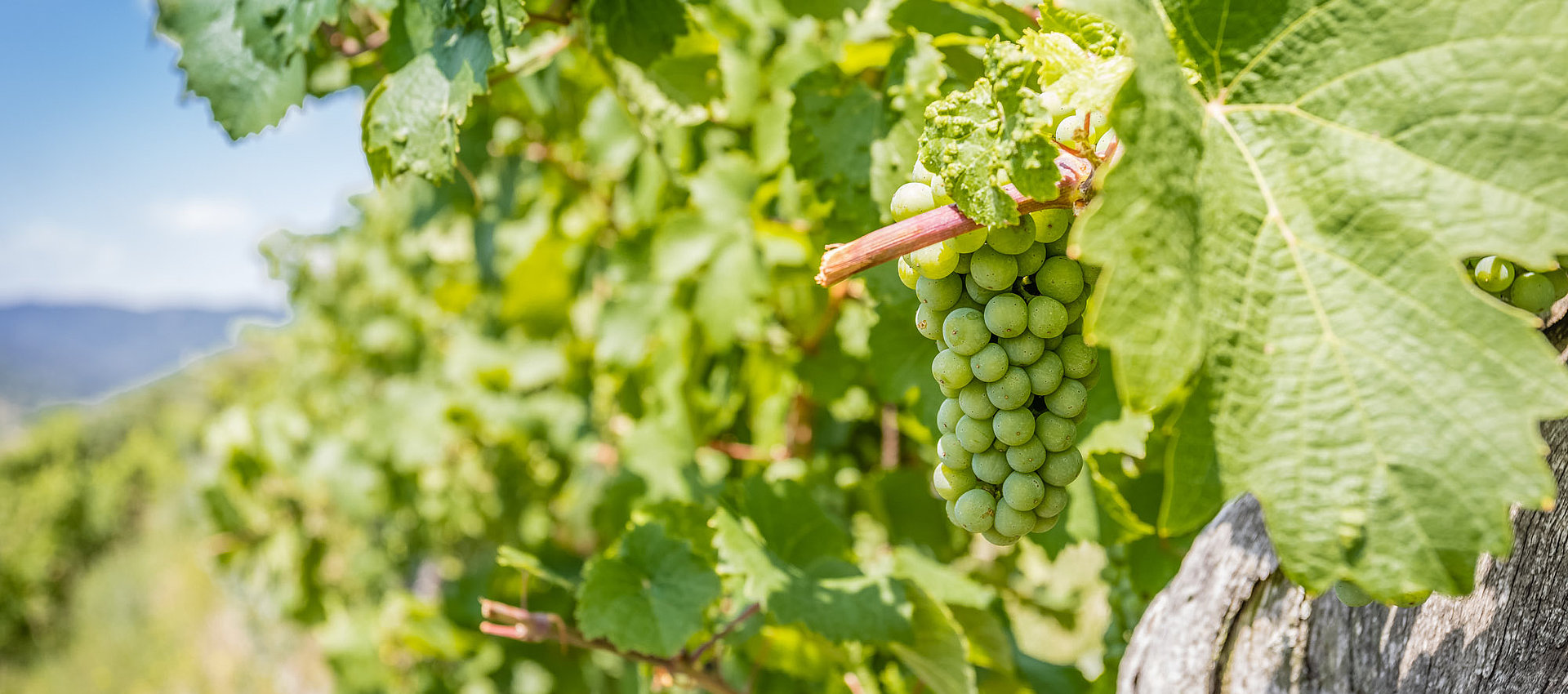Original. Handpicked



Kremstal DAC
Lovely aromatic profile of apricot and peach. On the palate, a fine balance between fruit and mineral acidity, which gives the wine its distinctive and vibrant profile all the way into the invigorating finish.
Vinification: Hand-harvested from the beginning of October to early November; whole-cluster pressing accentuates the precise Riesling fruit. Fermentation in stainless steel, then maturing for three months on the fine lees in large oak casks and stainless steel.


Kremstal DAC
Classic savoury & racy Riesling with concentrated flavours of stone fruit. Typical mineral notes of the ‘granitic site’ Rameln impart distinctiveness and expression to the wine.
Vinification: Harvested by hand in mid-October; a portion of the grapes is destemmed and left on the skins for 6–8 hours of maceration. Fermentation in stainless steel, then maturing for four months on the fine lees in a large wooden cask and stainless steel.


Kremstal DAC Reserve
Erste Lage
![]()
Mature, fragrant, clear-as-a-bell nose, beautiful mineral bite, exciting interplay of extract and acidity in a powerful finish. Very ripe Riesling-elixir with great aging potential.
Vinification: The physiologically fully-ripened grapes are harvested by hand in several passes from the end of October to the beginning of November. Some of the grapes are destemmed and left on the skins for 10–12 hours of maceration time. The extended fermentation in stainless steel promotes aromatic intensity. The barren paragneiss terraces give the wine a taut, demanding acidity, along with the aspiration to greatness. After fermentation, extended maturing on the lees before bottling in late August.
Awards
96 Punkte James Suckling 95 Punkte Falstaff


Kremstal DAC Reserve Erste Lage
![]()
Individualistic terroir-wine from a steep slope of mica schist – by no means a wine for vinological techno-fans! Glistening golden yellow, apricot fruit packed in salty minerality and invigorating acidity give the wine its weightless elegance and grace, despite its substantial power. This wine wins the best prognosis for future enjoyment (if you do not drink it before!)
Vinification: The physiologically fully-ripened grapes are harvested by hand in several passes from the end of October to the beginning of November; some of the grapes are destemmed and left on the skins for 10–12 hours of maceration. Slow fermentation in stainless steel promotes aromatic intensity, while the slate soil gives the wine its youthful severity and thus its great Riesling potential. After fermentation, aging in wooden cask with batonage (stirring the yeast) and extended maturing on the lees before bottling at the end of August.
Awards
96 PunkteFalstaff 96 Punkte James Suckling Weinwisser - A la Carte


Kremstal Reserve
Erste Lage
![]()
A concentrated and dense, almost introverted wine made from perfect clusters. Constructed without any ornamentation or hastiness, for connoisseurs who like to leave the vinous beaten-path and go exploring.
Vinification: The physiologically fully-ripened grapes are harvested by hand in several passes at the end of October and beginning of November. A portion of the grapes is destemmed and left on the skins for 10–12 hours of maceration. The leisurely fermentation with ambient yeasts in stainless steel promotes a multilayered expressivity. Bronzite, marble, paragneiss & amphibolite give the wine its great complexity and individuality. After fermentation, extended maturing on the lees in a large wooden cask before bottling at the end of August.
Awards
97 Punkte - Sieger Falstaff 94 Punkte James Suckling 96 Punkte A La Carte Weinwisser


Folks can expect the unexpected!
Vinification: Perfect, fully ripened grapes from Ried Hochäcker are selected by hand from mid-October to early November. Old vines, minimal yields. Some of the grapes are destemmed and left on the skins for 10–12 hours of maceration. Slow fermentation in 500-litre oak barrels with ambient yeasts gives the wine its special style & character. Batonage (yeast stirring) is employed in a thought-out manner to develop the wine’s full potential. It can take up to 18–24 months before it – according to our taste – is ready for bottling). Minimal movement, gravity feed & lots of time! Limited!
Awards




